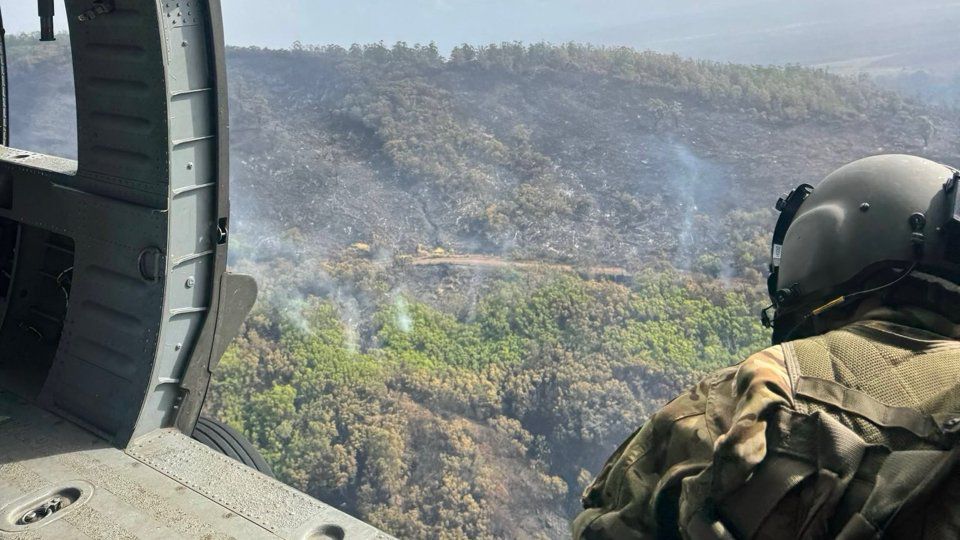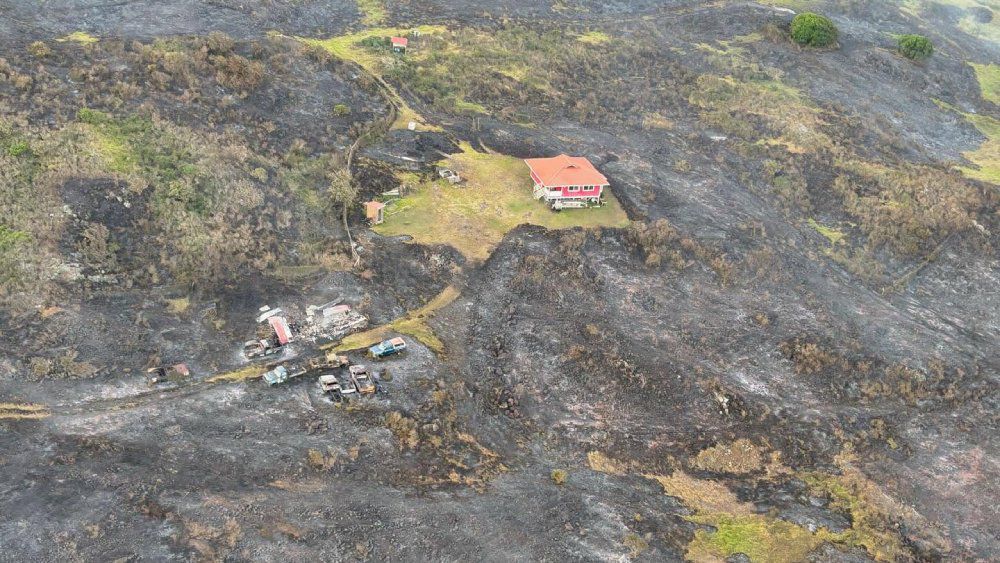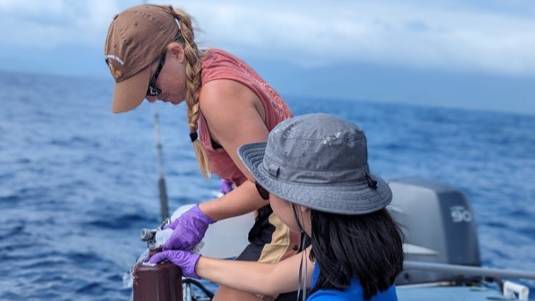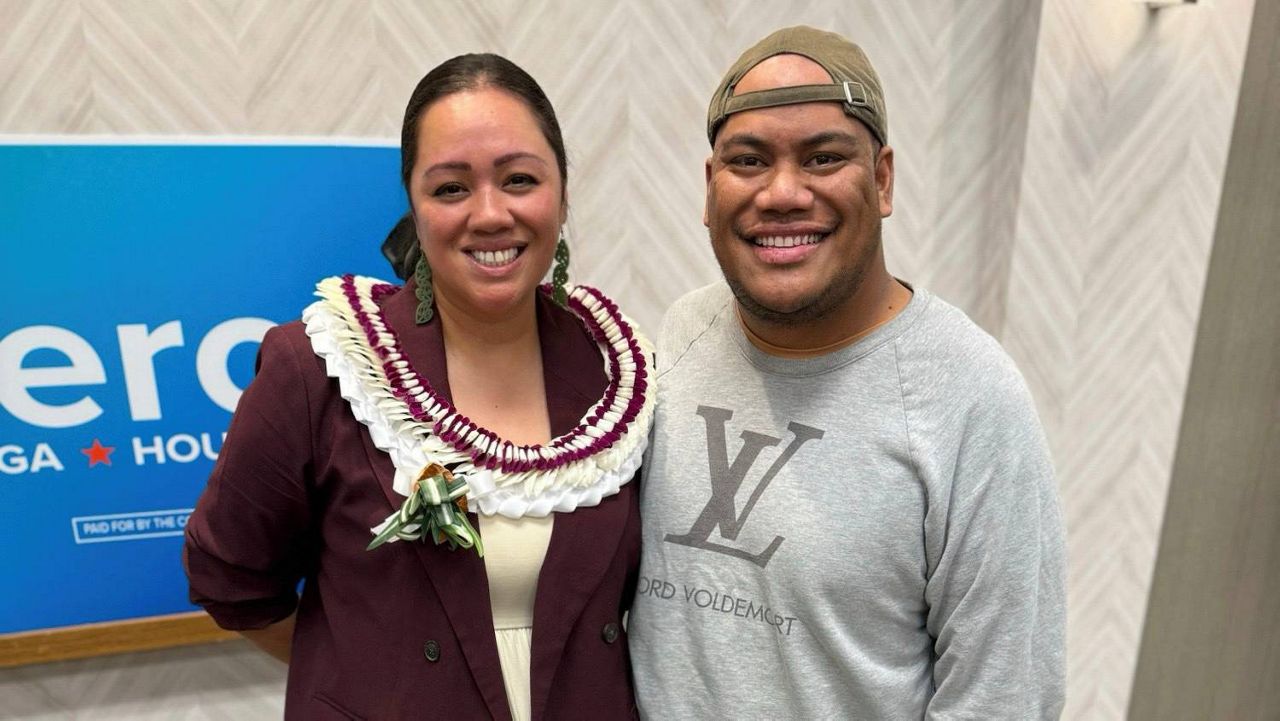Earthjustice filed suit last week on behalf of three Hawaii-based environmental advocacy groups to block the Trump administration for moving forward with its plans to open the Pacific Islands Heritage Marine National Monument to commercial fishing.
The nonprofit environmental law organization is representing Kapaa, the Conservation Council for Hawaii and the Center for Biological Center in their challenge to Trump’s April 17 executive order allowing U.S.-flagged vessels to fish commercially in the protected area.
“We will not stand by as the Trump administration unleashes highly destructive commercial fishing on some of the planet’s most pristine, biodiverse marine environments,” said David Henkin, deputy managing attorney in Earthjustice’s Mid-Pacific Office. “Piling lawlessness on top of lawlessness, the National Marine Fisheries Service chose to carry out President Trump’s illegal proclamation by issuing its own illegal directive with no public input. We are counting on the courts to put a stop to the Trump administration’s disregard for the rule of law and to preserve the monument’s precious and vulnerable resources for future generations.”
The monument, established by then-President George W. Bush in 2009, covers over 400,000 square miles, encompassing the lands and marine environment around Wake, Baker, Howland, and Jarvis Islands; Johnston and Palmyra Atolls; Kingman Reef.
Trump’s order would effectively undo protections put in place by former President Barack Obama in 2014, when Obama expanded the monument’s boundaries to include waters from 50 to 200 nautical miles around Jarvis Island, Wake Island, and Johnston Atoll.
In his proclamation, titled “Unleashing American Commercial Fishing in the Pacific,” Trump asserted that proper protections are already assured by existing law and that the proposed changes would support U.S. commercial fishing operations without negatively impacting resources within the monument.
Trump claimed that monument management is “doing little” to protect against overfishing because tuna and other species are migratory and not solely contained within the monument’s protected waters.
“As a result of the prohibitions on commercial fishing, American fishing fleets have lost access to nearly half of the United States’ Exclusive Economic Zone in the Pacific Islands,” the proclamation states. “This has driven American fishermen to fish further offshore in international waters to compete against poorly regulated and highly subsidized foreign fleets. This disadvantages honest United States commercial fishermen and is detrimental for United States territories like American Samoa, whose private sector economy is over 80% dependent on the fishing industry.”
On April 25, the NMFS sent a letter to fishing permit holders granting them permission to fish commercially within the monument’s boundaries, even though the monument regulations implementing the longstanding fishing ban remain on the books.
“The islands within the monument are part of Moananuiakea, a term used to describe the Pacific Ocean and its connection to Hawaiian culture, traditions and values,” said Solomon Pili Kahoohalahala, a founding member of Kapaa. “The practice of commercial fishing and the unavoidable and significant waste of marine resources caused by bycatch is an affront to Native Hawaiian practices and beliefs. President Trump’s proclamation threatens the ability of future generations to survive and thrive.”
The suit contends that both Trump’s initial proclamation and NMFS’s subsequent actions violate federal law.
According to the plaintiffs, Trump’s order violates the 1906 Antiquities Act, which allows presidents to designate and protect public lands as national monuments but does not grant them the authority to unilaterally revoke protections from established monuments.
The plaintiffs further maintain that NMFS’s move to allow commercial fishing operations in the designated areas violate the Magnuson-Stevens Fishery Conservation and Management Act, the Endangered Species Act, and the National Environmental Policy Act by bypassing publication requirements and environmental impact assessment.
“Trump’s illegal move is a direct assault on the Pacific’s cultural heritage and biodiversity, and we won’t let one of the ocean’s last truly wild places be gutted for short-term profit,” said Maxx Phillips, Hawaii Pacific Islands director and staff attorney at the Center for Biological Diversity. “These waters are a climate refuge for a host of endangered species, some of which are found nowhere else on Earth. For generations, Pacific Islanders have revered these ocean areas as sources of food, knowledge, and spiritual connection. Dismantling these protections threatens not only marine life but the cultural practices that are inseparable from this place. These waters deserve protection, not plunder.”
Michael Tsai covers local and state politics for Spectrum News Hawaii. He can be reached at michael.tsai@charter.com.










